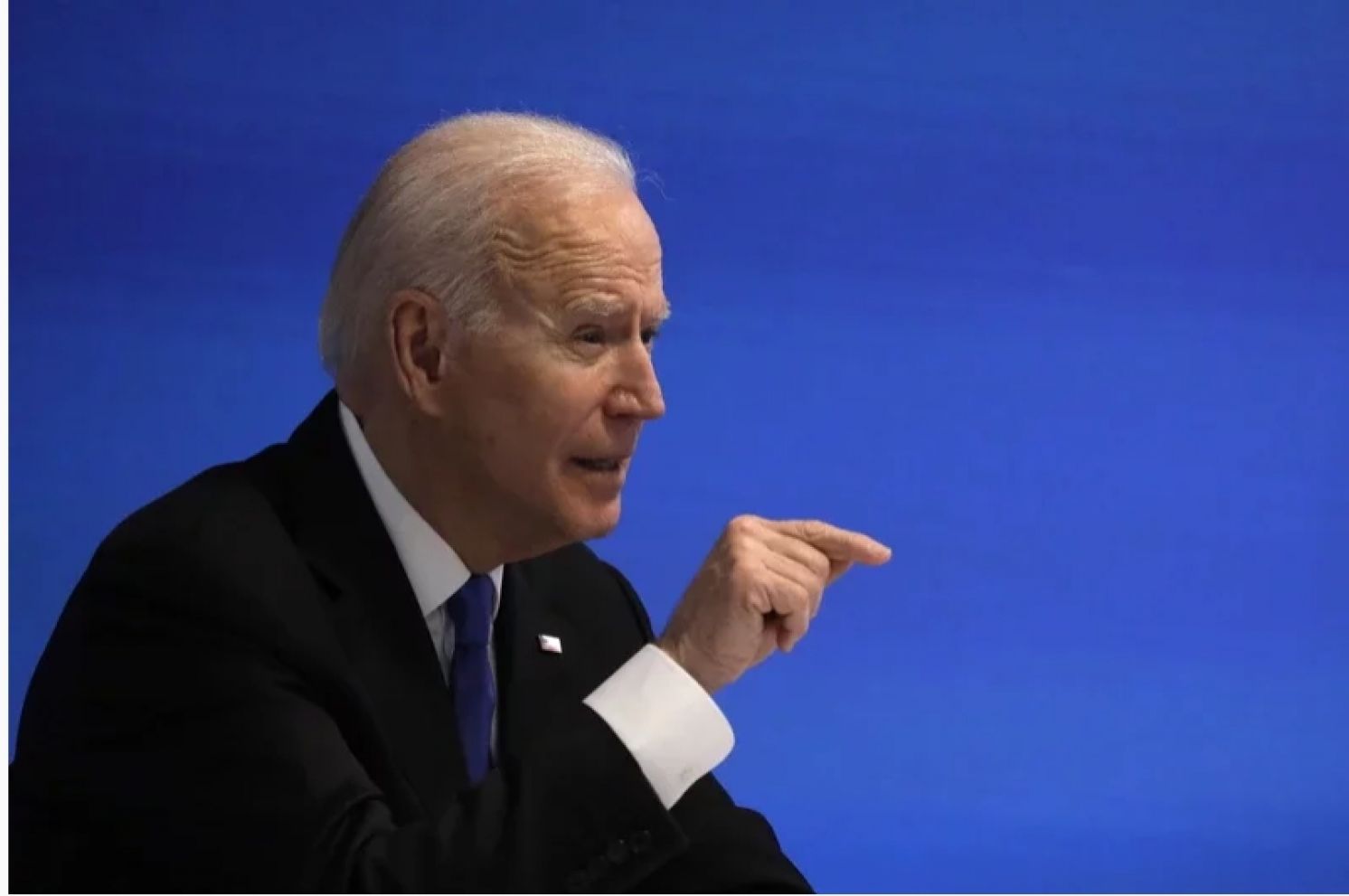
This Week in Taiwan 0228-0306
February 28: In a press release, the Chinese Taipei Swimming Association (CTSA) announced that Wang Kuan-hung, dubbed "Taiwan's butterfly king, participated in 2020 a competition held by the International Swimming League, scoring 1 minute 49 seconds in a 200-meter butterfly stroke race. CTSA received official correspondence from the International Swimming Federation (FINA) confirming that the performance has set the world youth short-track record, a historic first for Taiwan. Wang has received invitation to participate in the 200-meter butterfly stroke race in the Olympic Games.
March 2: Mainland China unilaterally announced that it would suspend import of Taiwanese pineapples beginning in March. President Tsai Ing-wen instructed her administration to set up a national team for agricultural products so as to maintain the prices of pineapples relative to those in past years and calm the fears of farmers. But producers remain concerned and are rushing to ship at least 100 containers to the mainland before the ban takes effect, in order to minimize losses.
According to the Council of Agriculture, Executive Yuan, Taiwanese pineapples ordered by domestic consumers and businesses reached 41,687 tons within 96 hours, surpassing the quantity sold to China last year.
March 3: The administration of President Joe Biden in the United States issued an Interim National Security Strategic Guidance, pointing out that China is the only competitor with the comprehensive strength to challenge the international system established by the United States. It also indicated how American support for Taiwan as an advanced democracy and vital economic and security partner is consistent with long-standing commitments made by the United States.
The document also made clear support for Taiwan and Hong Kong in responding to China's threats, human rights issues, and unfair trade practices. The United States will respond to challenges when American interests and values are directly threatened by China.
The Ministry of Foreign Affairs expressed Taiwan's welcome and thanks to the White House.
March 3: The first batch of 117,000 doses of coronavirus (COVID-19) vaccines that Taiwan ordered from pharmaceutical company AstraZeneca arrived in Taiwan by air from South Korea. Front-line medical personnel will have priority to be vaccinated. The vaccines will need to be tested and inspected, and inoculation may begin as soon as March 15.
March 4: Ai Fukuhara, a retired Japanese table tennis player, had been married with Taiwanese player Chiang Hung-chieh for nearly five years before recent repeated rumors about issues in their marriage. Fukuhara was recently observed by Japanese media to have dated and spent an evening with a tall and handsome man in Yokohama, stirring a uproar in public opinion. She has twice apologized but denies infidelity. Chiang also spoke in her defense, claiming that "false gossip" will not impact his love for Fukuhara. It appears that the couple has reached consensus to maintain the couple's image to the outside world.
March 4: The Heritage Foundation, an American think tank, released a 2021 Index of Economic Freedom in which Taiwan leaped to the sixth place, the best performance in 27 years since the indicator's inception. The National Development Council stated that the government's efforts in promoting integrity, performance, and judicial reforms are receiving acclaim by the international community.
March 5: At the opening of the fourth session of the 13th National People's Congress in Beijing, Chinese Premier Li Keqiang stated that the mainland adheres to the "One China" principle and "1992 Consensus" in order to promote the peaceful development of cross-strait relations and national reunification. It remains highly vigilant and resolutely opposes separatist activities by "Taiwan independence" supporters.
In response to Li's comments, the Mainland Affairs Council stressed that public opinion within Taiwan has long advocated maintaining the status quo, which is consistent with the administration's cross-strait policy of promoting peace and stability in the Taiwan Strait. The government will continue to defend national sovereignty and Taiwan's democracy and freedom.